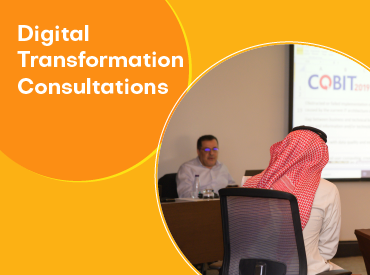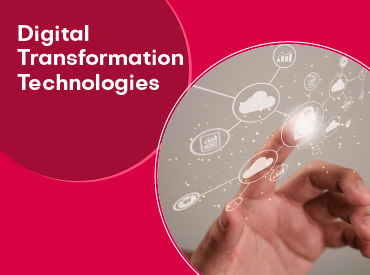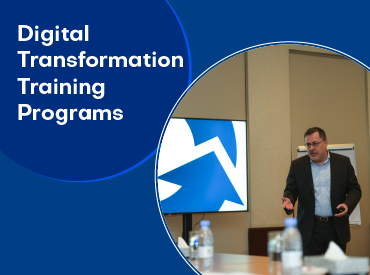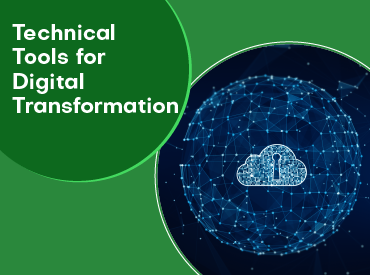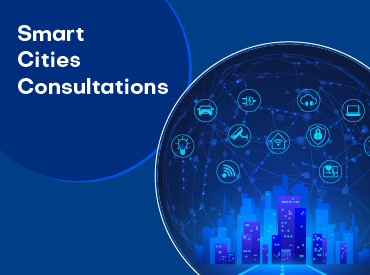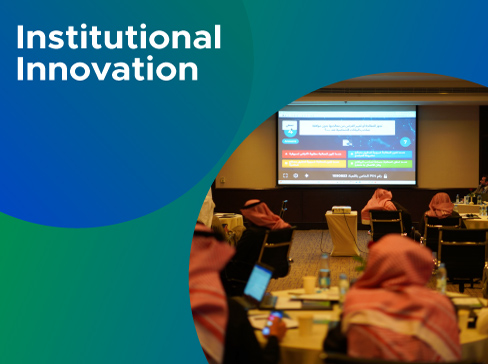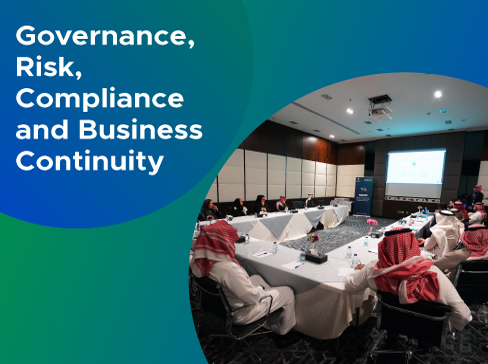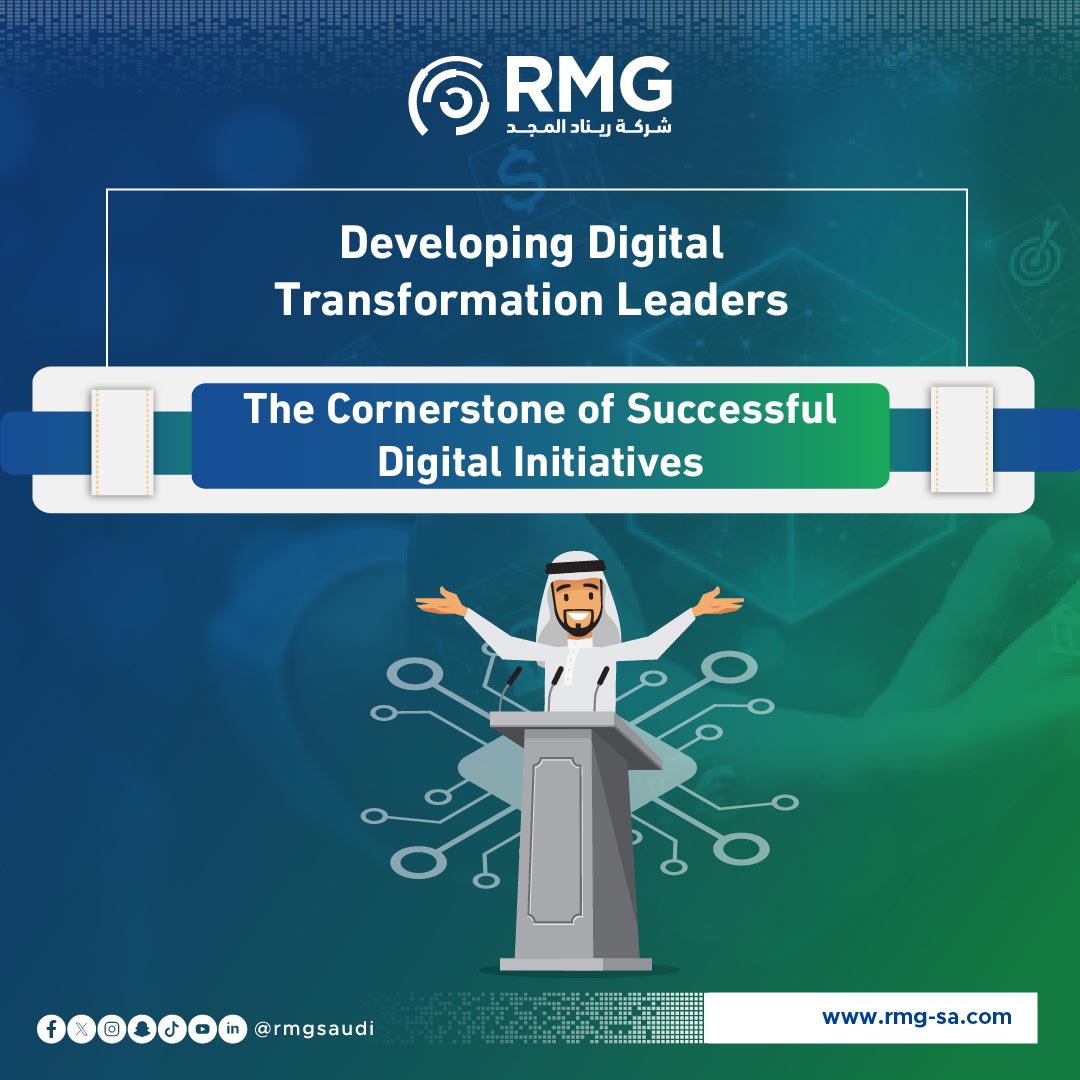Blog Body

In light of the rapid transformations towards the digital economy, digital transformation leadership has become a key factor in the success of transformation initiatives in public and private sector organizations. The Digital Transformation Leadership Development Standard refers to the need to empower leaders with advanced digital skills and the ability to adapt to technological innovations to ensure the achievement of the strategic goals of digital transformation.

The Importance of Developing Digital Transformation Leaders
The importance of developing digital transformation leaders is increasing day by day, given the pivotal role that leaders play in driving the transformation of their organizations. The importance of this development can be summarized in the following points:
- Enhancing the Strategic Vision for Digital Transformation:
- Developing Integrated Digital Strategies: Leaders play a pivotal role in formulating integrated digital strategies that go beyond simply adopting technologies, to include re-engineering processes, developing business models, and building an organization-wide digital culture.
- Alignment with Vision 2030: Leaders ensure that digital transformation plans are aligned with the Kingdom’s Vision 2030, which aims to build a thriving digital economy and achieve sustainable development.
- Maximizing the Use of Modern Technologies: Leaders work to identify the best technologies that serve the organization’s goals and ensure their optimal use to achieve the greatest possible benefit.
- Enabling Innovation and Institutional Change:
- Encouraging a Culture of Innovation: Leaders create a work environment that encourages innovation, experimentation, and the adoption of new ideas, which contributes to accelerating the adoption of emerging technologies, such as artificial intelligence, the Internet of Things, and cloud computing.
- Reducing Resistance to Change: Leaders effectively deal with resistance to change that may arise among employees and ensure the smooth transformation process through effective communication, awareness of the importance of transformation, and providing the necessary support to employees.
- Promoting a Flexible Work Environment: Leaders work to build a flexible work environment characterized by the ability to adapt to rapid changes and adopt modern work methods that support digitization.
- Achieving Operational Efficiency:
- Improving Administrative and Operational Processes: Digital leaders benefit from modern technologies, such as advanced analytics and automation solutions, to improve administrative and operational processes, reduce costs, and increase productivity.
- Making Data-Driven Decisions: Leaders rely on data in making their decisions, which ensures the accuracy and effectiveness of decisions and contributes to improving the quality of public and private services provided to citizens and residents.

Skills Required for Digital Transformation Leaders
Success in leading digital transformation requires a diverse set of skills, which can be categorized as follows:
- Technical Skills:
- Deep Understanding of Digital Transformation Technologies: Leaders must have a deep understanding of digital transformation technologies, such as cloud computing, cybersecurity, data analysis, artificial intelligence, the Internet of Things, and others.
- Familiarity with Digital Tools: Leaders should be familiar with the latest digital tools and platforms and how to use them effectively to achieve the organization’s goals.
- Leadership and Administrative Skills:
- Ability to Manage Change: Leaders must be able to lead the change process effectively, overcome challenges, and motivate employees to embrace change.
- Building a Sustainable Digital Culture: Leaders must work to build a sustainable digital culture within the organization that encourages innovation, experimentation, and continuous learning.
- Promoting Cooperation: Leaders must be able to promote cooperation between different teams within the organization and ensure the efficient implementation of digital projects.
- Data-Driven Decision-Making Skills:
- Reading Digital Performance Indicators: Leaders must be able to read and analyze digital performance indicators and extract valuable insights from them to make accurate strategic decisions.
- Analyzing Big Data: Leaders must be able to deal with big data and use analysis tools to extract valuable insights that help in making decisions.
- Innovation and Digital Entrepreneurship Skills:
- Creative Thinking: Leaders must be able to think creatively and develop new solutions based on modern technology.
- Entrepreneurial Mindset: Leaders must have an entrepreneurial mindset that helps them embrace calculated risk-taking, experimentation, and learning from mistakes.
Mechanisms for Developing Digital Transformation Leaders
Developing digital transformation leaders requires effective mechanisms, including:
- Training and Professional Development Programs:
- Specialized Training Courses: Providing specialized training courses in the areas of digital transformation, data management, and digital leadership.
- Practical Training Programs: Providing practical training programs for employees on modern technologies within organizations.
- Establishing Specialized Digital Transformation Units:
- Appointing Specialized Leadership Teams: Forming specialized leadership teams that lead the digitization processes, data analysis, and development of digital strategies.
- Building a Supportive Environment for Innovation: Creating a work environment that supports innovation, encourages the exchange of ideas, and provides the necessary resources for developing digital skills.
- Benefiting from Global Experiences:
- Adopting Best Practices: Adopting the best global practices in developing digital leaders and benefiting from the experiences of developed countries in this field.
- Cooperation with International Experts: Cooperating with international experts to implement advanced strategies in the field of digital transformation.
- Strengthening the Digital Culture within Organizations:
- Awareness Initiatives: Creating awareness initiatives aimed at promoting a deep understanding of digital transformation among all levels of the organization.
- Motivating Employees: Motivating employees to adopt digital tools and use them effectively to enhance productivity.

Renad Al Majd’s Role in Developing Digital Transformation Leaders
Renad Al Majd Company (RMG) is one of the leading companies in qualifying and training digital leaders by providing integrated solutions that include:
- Specialized training programs in digital leadership, digital transformation, and data analysis.
- Strategic consulting to help organizations identify their digital priorities.
- Preparing digital skills development plans to ensure continuous learning and improvement.
- Providing advanced technical solutions that enable leaders to adopt the latest digital tools efficiently.

Challenges of Developing Digital Transformation Leaders
- Resistance to Change: Some leaders find it difficult to adapt to new technologies.
- Lack of Digital Skills: The need to provide advanced training programs to keep pace with technological changes.
- Integration Between Old and New Systems: The need to provide smooth solutions to integrate digital transformation within the existing infrastructure of organizations.

Renad Al Majd’s Experience in Measuring Digital Transformation and Supporting Vision 2030
Developing digital transformation leaders is an essential element to ensure the success of digital transformation in public and private sector organizations. By investing in training, consulting, and adopting the latest digital tools, organizations can achieve qualitative leaps in the field of digital transformation. Renad Al Majd plays a pivotal role in this field by providing integrated solutions that ensure the building of a new generation of digital leaders capable of leading organizations towards the digital future efficiently and professionally.
For more information about Renad Al Majd’s services, you can contact our specialized team through the following form:


